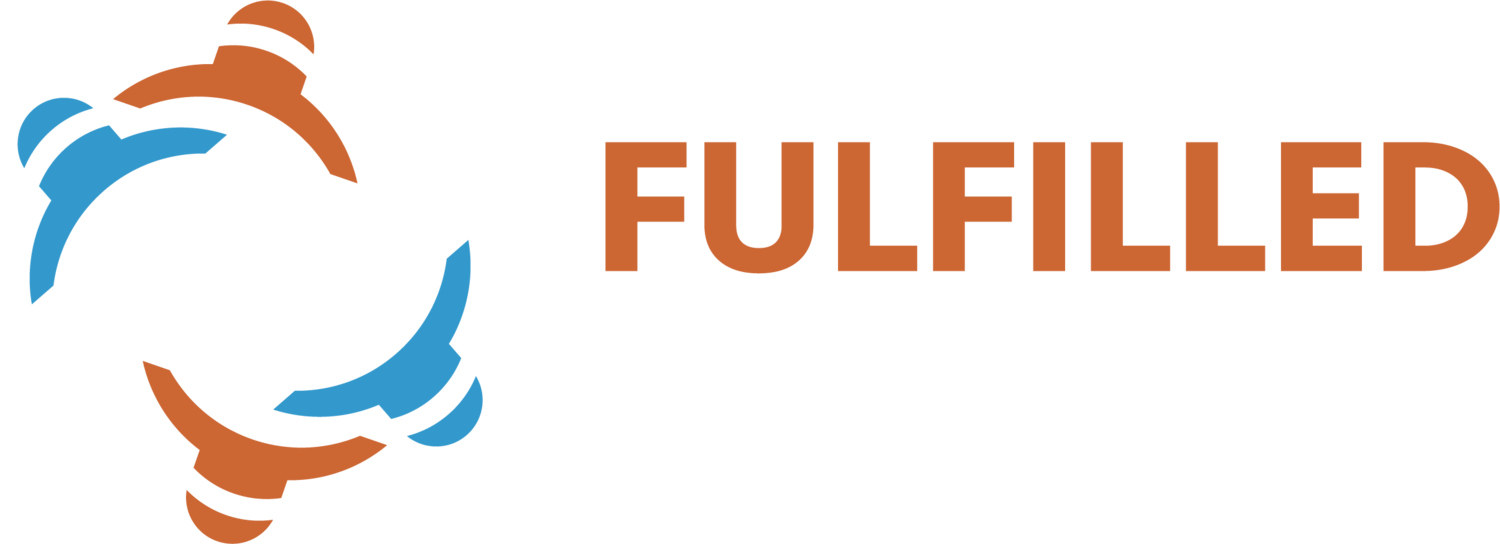“The way of the sluggard is blocked with thorns, but the path of the upright is a highway.” - Proverbs 15:19
Proactivity Is Essential to Marital Connection
Marriage is not a passive entity. It requires the daily commitment and effort of both parties to understand and respond to the central needs of each other. When these elements are applied consistently over time, a marriage is given the nourishment it needs to bear the fruit of intimacy leading to a lasting romance. When marriage is treated as a passive entity the fruit of intimacy quickly begins to wane. Emotional connection gives way to conflict, while emotional distancing leaves both parties straining to feel loved.
The Pain of Passivity
A couple can tell if passivity has settled in when dedicated time together is neglected, their communication becomes silent or highly critical, they primarily focus on their children instead of one another, and they put aside doing the small things which allow both individuals to feel loved, cherished and valued. It is the pain associated with this passivity that largely drives couples to seek marriage counseling.
Crucial Choices in Marriage
Spouses must decide whether they will be committed to fostering the seeds of connection and intimacy in their marriage. Neither a counselor, pastor, friend, family member can force them to choose the proper pathway to follow. Even if they did, externally driven motivators eventually fade over time. On the other hand, a personal decision to consistently follow the pathway of marital proactivity positions married couples to foster an intimate bond lasting over the course of time.
Periods of Transition
Many of you reading this article can resonate with what I’m addressing. You can remember times in your marriage where your sense of connection and intimacy was strong. For many couples, that time frame occurred when they were dating or were only a few of years into their marriage. During those phases, they proactively pursued each other conversationally and emotionally, applied curiosity to learn what was important relationally to each individual, and did everything they could to follow through to help one another to feel loved.
Remembering the First Things
Unfortunately, those same couples watched their focus on building a vibrant connection shift to countless other areas: work, church, children, television, friends, etc. The result was their relationship grew emotionally stagnant, opening the door to both members feeling distant and alone. Some spouses see this unpleasant pattern and begin to do the work necessary to apply the “first things” they did to emotionally bond as a couple. Others don’t make that shift and suffer the consequences of emotional pain, separation or divorce.
Which Pathway Will You Follow?
As mentioned earlier, every couple must choose whether they will choose the pathway of proactivity or passivity in their marriage. My hope is that you will choose the pathway of proactivity, and be committed to continually understanding and fulfilling what helps you and your spouse to feel loved, cherished and valued. In the end, you’ll find it was a strategy well worth pursuing.
Eric Gomez
Marriage & Family Therapist
Fulfilled Christian Counseling

